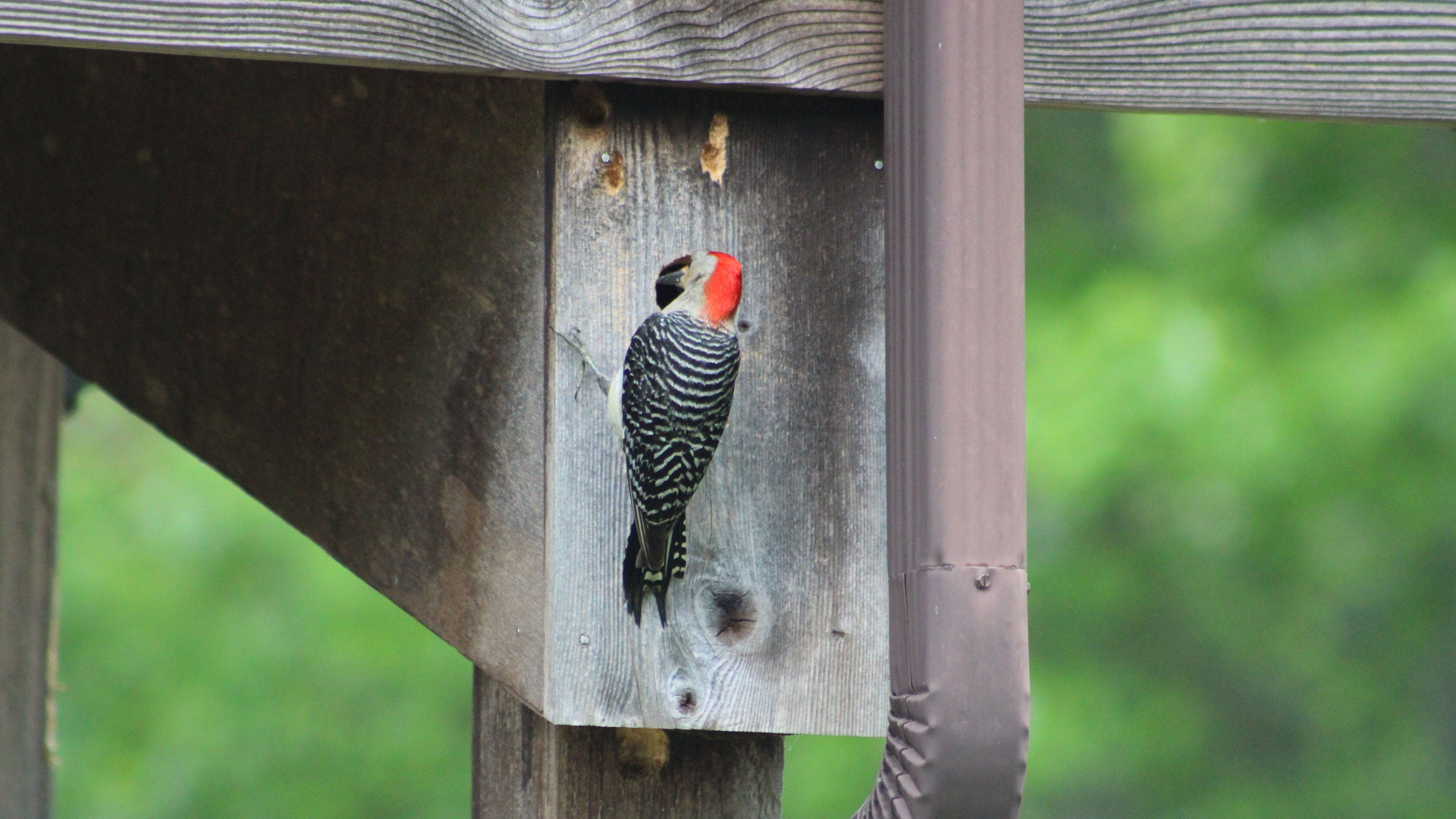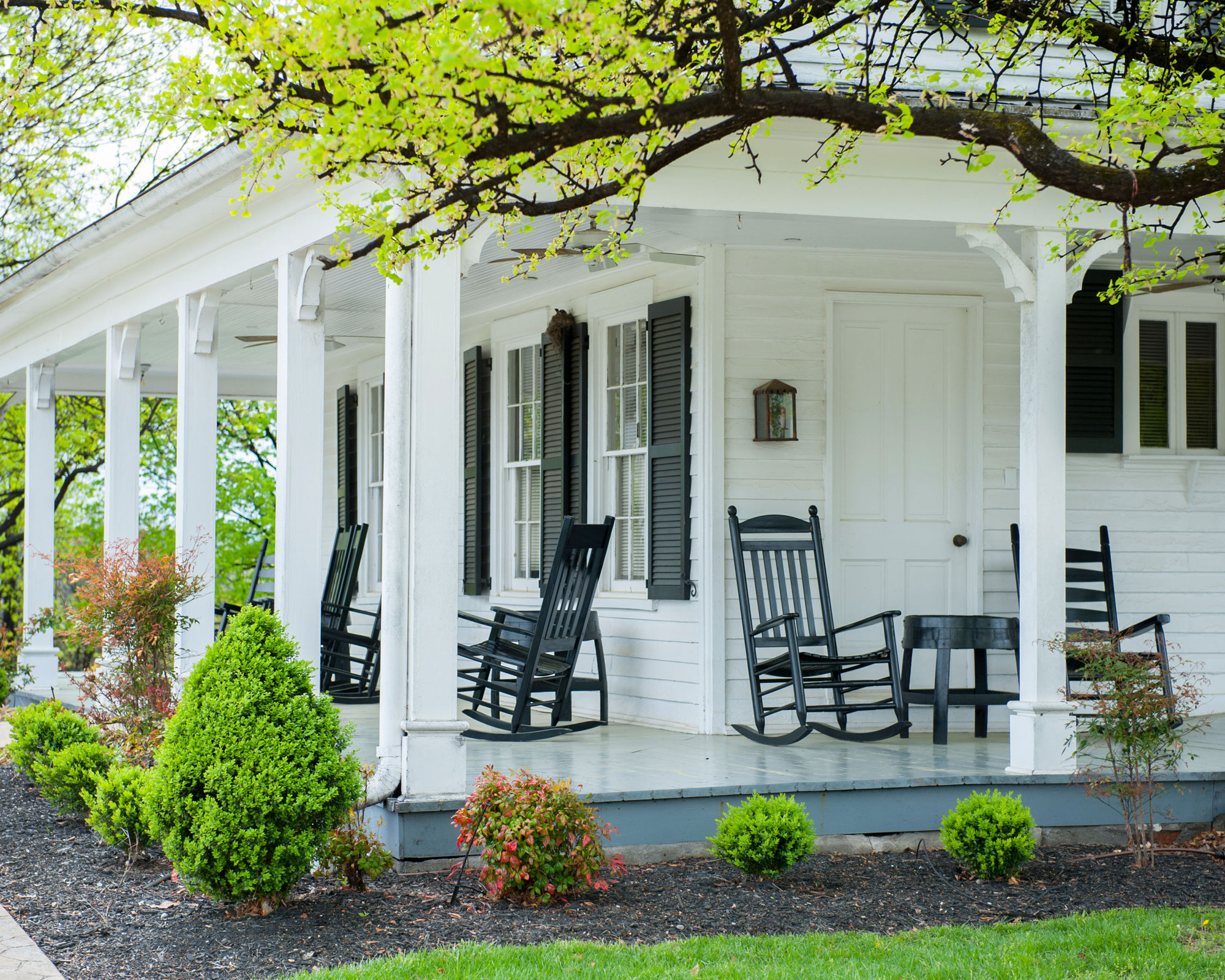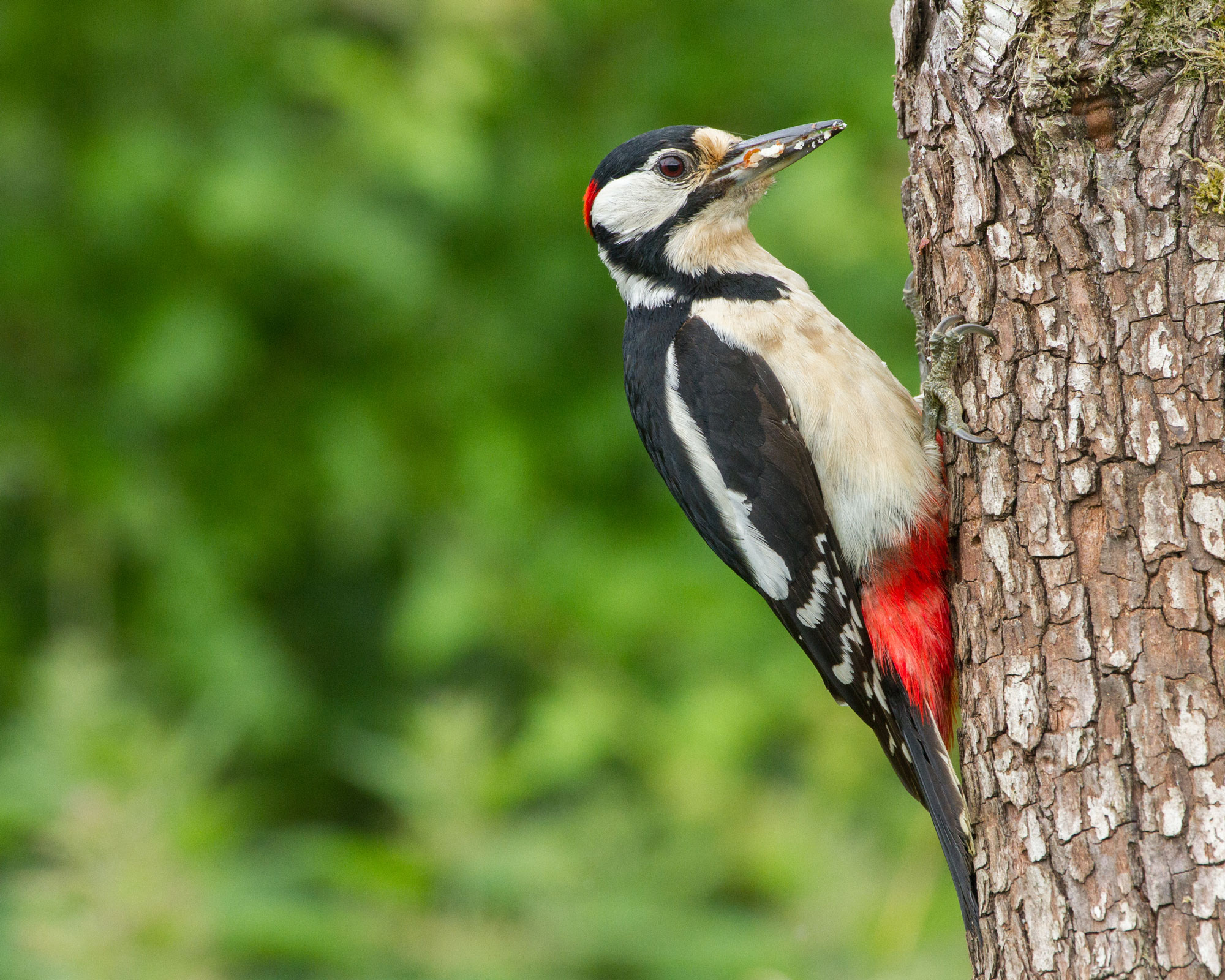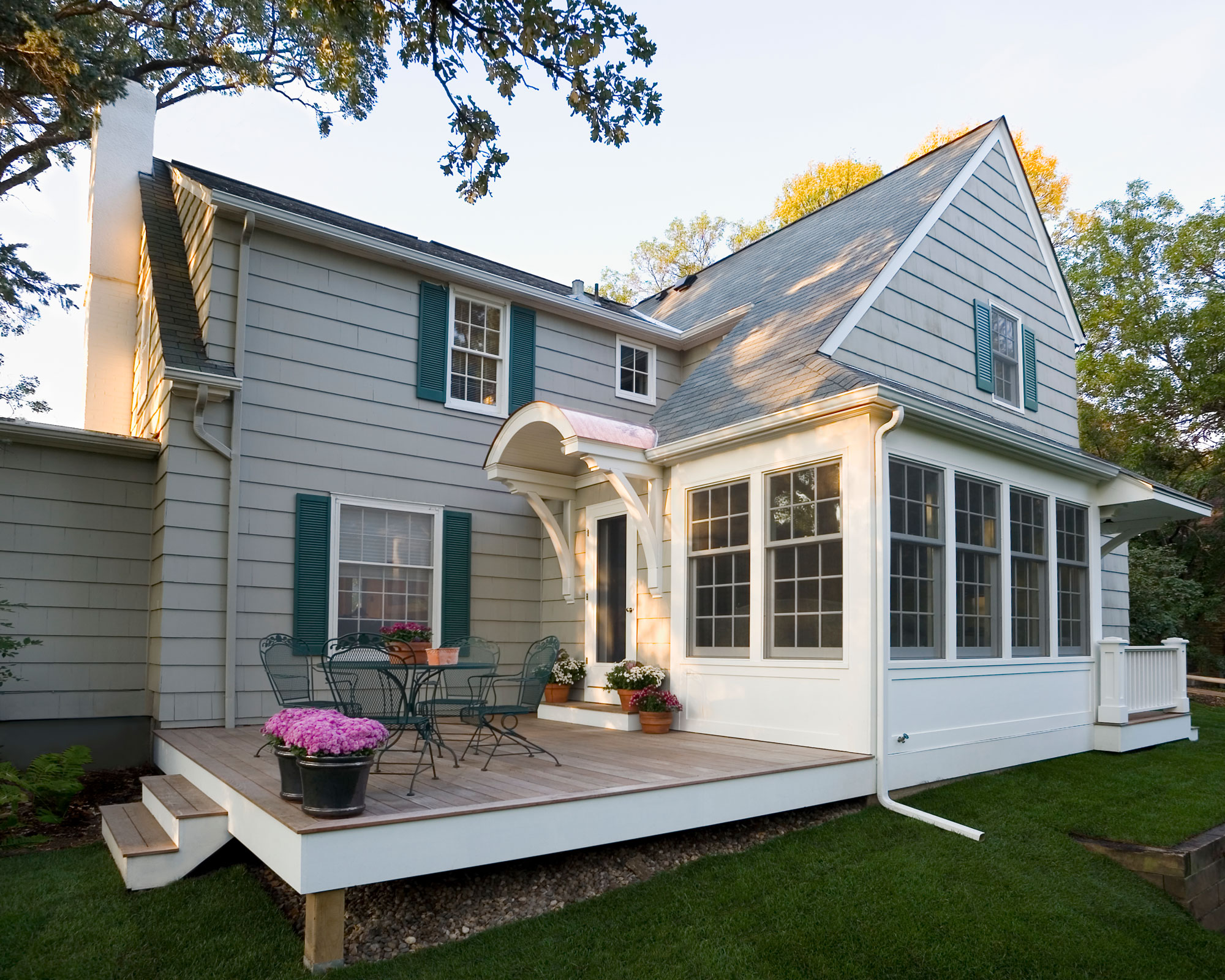How to stop woodpeckers from pecking your house, according to pest control pros
Experts reveal how to stop woodpeckers from ruining your home this summer and disrupting a good night's sleep


Woodpeckers are notorious for pecking – or drumming – away at trees in search of food, a mate, and when nesting. But when they turn their attention to pecking your home, it can be frustrating.
Aside from the annoyance of being woken up by the sound of a woodpecker repeatedly pecking away, they can actually cause a great deal of damage to your property.
You may think that woodpeckers have a personal vendetta against you but we can assure you they do not – these birds will peck any hard surface they find, especially if it rings out loud enough to attract the attention of a prospective mate.
Expert tips on how to deter woodpeckers
Woodpeckers are protected under the Migratory Bird Treaty Act, so it is important to understand how to deter these birds in a humane way. Experts share the best ways to discourage woodpeckers this summer, and pest control mistakes to avoid.

1. Use visual deterrents
Woodpeckers are known for being frightened by shiny and reflective objects, especially ones that move. Nicole Carpenter, CEO of Black Pest Prevention recommends hanging shiny objects such as reflective tape, old CDs, or aluminum foil strips around the areas where woodpeckers have been pecking.
Additionally, scare devices like scarecrows, fake owls, and plastic snakes can be strategically placed around your property. However, it is important to note that these devices should be moved periodically to prevent woodpeckers from becoming accustomed to them.

Nicole Carpenter first began working at Black Pest Prevention when she was a junior in high school. While attending N.C. State University she continued to work for the company and has since worked through the organization to now becoming its CEO. Black Pest Prevention is a Charlotte pest control company that serves North and South Carolina.
2. Use noise deterrents

Similar to visual deterrents, woodpeckers are also wary of sudden unexpected noises. Placing noise deterrents around the outside of your house can also help eliminate these birds. 'Wind chimes, ultrasonic devices, and even a loud clap can scare them away,' Nicole Carpenter, says.
Noise solutions can also come in the form of motion detectors and speakers, which create annoying sounds when they detect birds are near. They do this by mimicking the cries of hawks and other predators which steer woodpeckers away.
3. Place physical barriers
Creating physical barriers is a good technique to use when woodpeckers are targeting a specific area of your house says A.H David of Pest Control Weekly. If a woodpecker keeps coming back to the same area of your house it is worth covering that area with protective material like this wire mesh, at Amazon or netting, at Amazon.
When doing this it is essential to make sure that the barrier is at least a few inches away from the siding to prevent the woodpecker from reaching the house.

A.H David is the co-founder and editor-in-chief of Pest Control Weekly. By hobby, he is a gardener and has experience dealing with all types of pests found in backyard gardens. His goal is to provide well-researched and authentic information about pests from his own experiences.
4. Use repellents
You can find specific bird repellents in the form of sprays and gels that do prevent these birds from coming to your house. They are generally safe and non-toxic to use but still should be used judiciously to avoid harming birds and other wildlife in the surrounding area.
These repellents typically have a strong scent or taste and you should apply these to areas where you know woodpeckers are active. Always make sure to follow the product instructions and guidelines carefully when using them, and remember to top them up frequently so they do not lose their potency.
5. Repair existing damage

A.H David advises that if woodpeckers have already created holes in your house, it is important to repair them immediately. You should fill the holes with appropriate materials such as wood putty, at Amazon, and sand, also at Amazon.
Take some of your wood putty and sand and mix them together and use this paste to fill the holes that the woodpecker has made. Then, prime and paint the holes so they are no longer noticeable. Covering over holes and painting the house exterior makes the area less attractive to woodpeckers and also helps by confusing them as the holes they have previously made no longer exist.
Why are woodpeckers pecking on my window?
Woodpeckers normally peck on windows to defend their territory from what could be an intruding bird, although they sometimes get this confused with their own reflection. Woodpeckers like to create loud noises to communicate with other birds. The messages they send normally have to do with territory or attracting a future mate.
How do you know if you have a woodpecker in your house?
If a woodpecker is inside your house it will not be long till you hear drumming and drilling sounds, these will help you identify where the bird is located.
Woodpeckers can be a problem when not dealt with properly. However, there are many ways of getting these birds under control, helping you to sleep better and prevent any damage to your home. By following the easy steps above your house will return to normal in no time.
Sign up to the Homes & Gardens newsletter
Design expertise in your inbox – from inspiring decorating ideas and beautiful celebrity homes to practical gardening advice and shopping round-ups.

Seraphina is a contributing editor at Homes & Gardens, writing Solved features on organizing and storage. She loves to decorate and also grow her own produce from her home in London. Her previous experience includes working at Women's Health and Fabulous Magazine.
-
 Little Greene paint colors in real homes – 19 rooms decorated by designers with tried and true paint shades and wallpapers
Little Greene paint colors in real homes – 19 rooms decorated by designers with tried and true paint shades and wallpapersGain fresh paint color inspiration with these timeless Little Greene shades, from rich greens to elegant neutrals
By Emily Moorman
-
 If your home's facade is riddled with cobwebs, this $12 tool makes cleaning once-unreachable spots simple and speedy
If your home's facade is riddled with cobwebs, this $12 tool makes cleaning once-unreachable spots simple and speedySay goodbye to cobwebs and hello to a fresh and clean facade
By Rebecca Shepherd